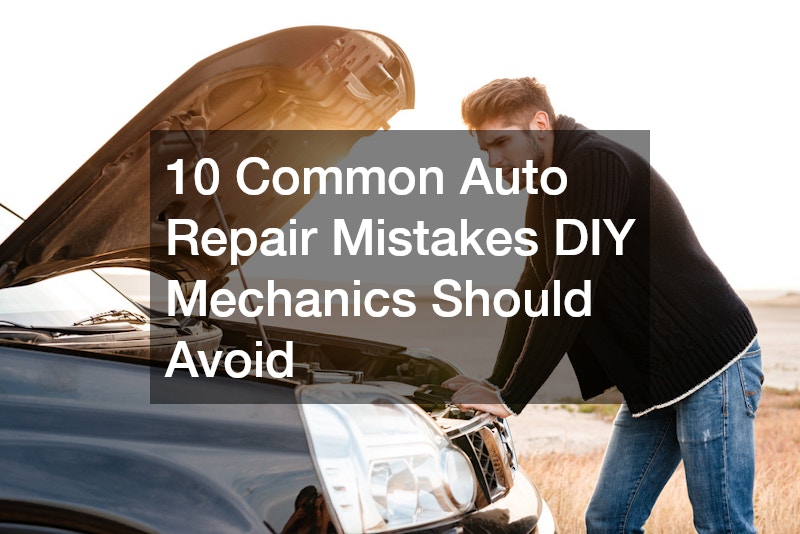Here’s what you should ask your mechanic before agreeing to any repairs.
1. What Is the Problem & What Caused It?
Before any work begins, ask your mechanic to explain the issue in simple terms. Not everyone is familiar with automotive jargon, so don’t be afraid to ask for clarification. Understanding what’s wrong with your vehicle and what may have caused the problem gives you peace of mind and helps prevent the same issue from recurring.
If your mechanic struggles to give a clear explanation or brushes off your questions, consider that a red flag. A reliable professional will take the time to walk you through their diagnosis, ensuring you’re fully informed before moving forward.
2. Can You Provide a Written Quote?
It’s crucial to ask for a written quote before any repairs begin. This document should outline the expected costs, including labour, parts and any additional fees. Without a quote, you run the risk of unexpected expenses at pick-up time.
Make sure to clarify whether the quote includes GST and if it covers both parts and labour. Additionally, ask if the quote is binding or subject to change. In some cases, mechanics may uncover further issues once they begin the repair. Knowing how these situations are handled in advance can save you from a financial surprise.
3. Are the Parts New, Used or Aftermarket?
The type of parts used in your repair can significantly impact both the cost and performance of your vehicle. Ask your mechanic if the parts being installed are new, second-hand or aftermarket. Each option has pros and cons.
New parts generally come with a manufacturer’s warranty and tend to last longer. Used parts may be more affordable but could have a shorter lifespan. Aftermarket parts vary widely in quality and cost. Make sure you understand what you’re paying for and whether it meets Australian safety standards.
4. How Long Will the Repairs Take?
Time is often of the essence, especially if your vehicle is essential for work or family obligations. Ask for an estimated completion time before leaving your car at the workshop. This will help you plan for alternative transport and set realistic expectations.
Keep in mind that some delays may be unavoidable, especially if parts need to be ordered, but your mechanic should be upfront about this from the outset. Also, confirm how and when they will contact you with updates.
5. Do You Offer a Warranty on Parts & Labour?
A trustworthy car mechanic will offer a warranty on both parts and labour. Warranties protect you from defects in the parts used and issues related to the quality of the workmanship. Be sure to ask how long the warranty lasts and what it covers.
Also, check if the warranty is honoured Australia-wide or only at the specific workshop. This is particularly important if you frequently travel interstate or live in a remote area.
6. Are You Licensed & Insured?
In Australia, automotive repairers must meet specific licensing and insurance requirements. Ask your mechanic if they are licensed through the relevant state authority and whether they carry insurance that protects your vehicle while it’s in their care.
Mechanics who are members of recognised industry associations, such as the Motor Traders’ Association of NSW or the Victorian Automobile Chamber of Commerce, usually adhere to higher standards of service. Choosing a certified professional ensures you’re dealing with someone who meets industry best practices.
7. Is This a One-Off Issue or a Sign of a Bigger Problem?

Understanding the root cause of a breakdown can help you avoid similar problems in the future. Ask your mechanic if this is an isolated incident or if it might signal a more serious underlying issue. For example, worn brake pads may just need replacing or they could indicate a larger problem with the braking system.
Dealing with car repairs doesn’t have to be stressful. By asking the right questions, you empower yourself with knowledge and reduce the risk of unexpected expenses. A professional car mechanic will respect your diligence and provide clear, honest answers. Always trust your instincts—if something feels off, don’t hesitate to seek a second opinion.



